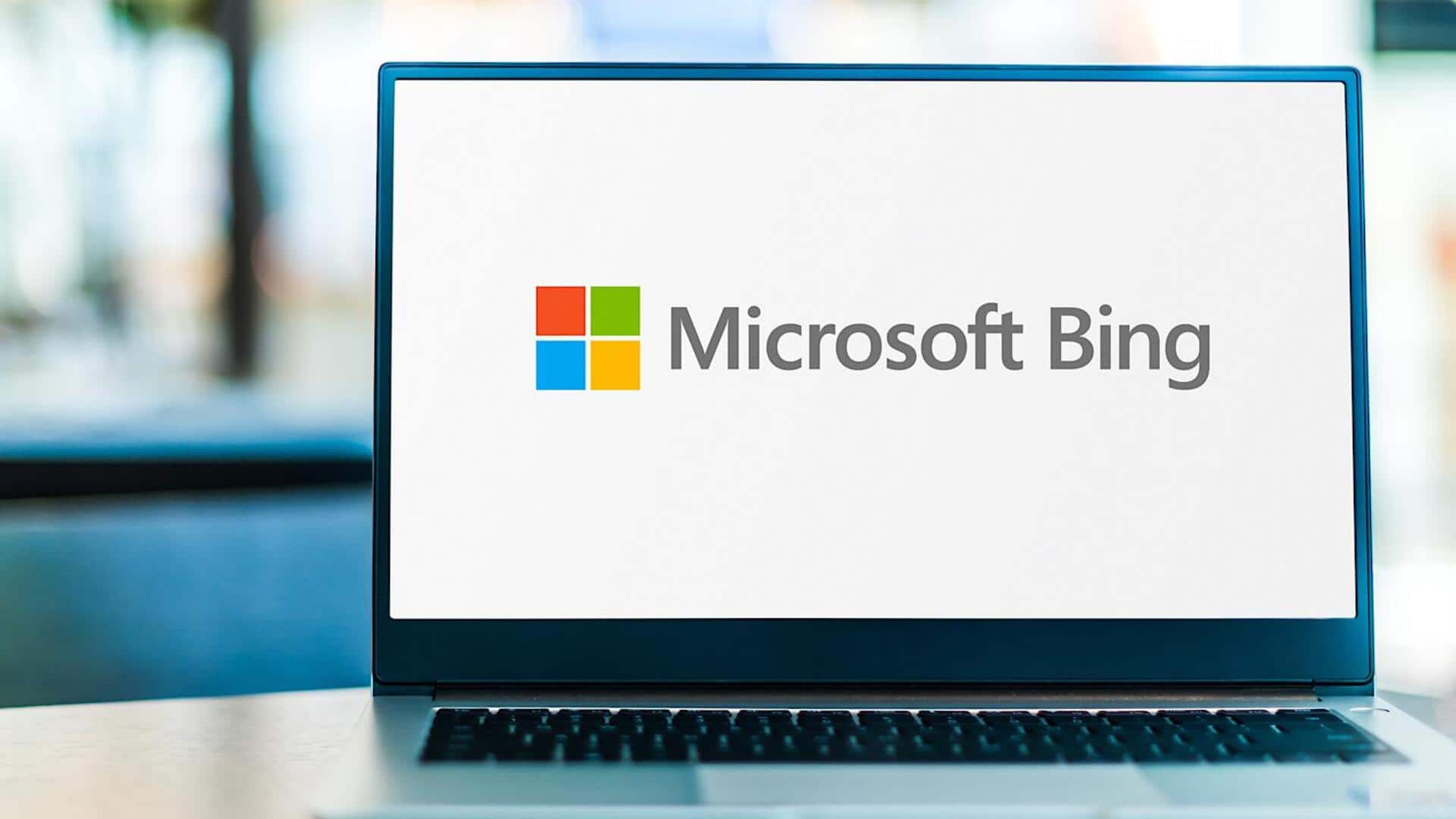
Microsoft utilizing Windows pop-ups to persuade Chrome users toward Bing
What's the story
Microsoft is employing a new strategy to encourage Google Chrome users to switch their default search engine to Bing. A recent update in Windows 10/11 has introduced a pop-up that appears while using Chrome on Windows, urging users to try Bing. The pop-up also offers the installation of a Bing extension for an improved chat experience. Microsoft confirmed that this notification will only appear once, emphasizing its commitment to providing customers with choice.
Pop-up notification
Appearance and user interaction
The pop-up, bearing a resemblance to those used by malware apps, appears on the screen. It promotes Bing's AI chat feature and encourages users to try Bing as their default search engine. If a user taps "Yes," their search engine automatically changes to Bing, and a Bing extension is installed on Chrome. However, users can dismiss the pop-up by selecting "No thanks."
Scenario
Microsoft's history of pop-ups targeting Chrome users
This is not the first instance of Microsoft using pop-ups to target Chrome users. A similar pop-up surfaced a few months ago, also urging users to switch their default search engine to Bing. This comes on the heels of an incident where Microsoft was found importing data from Google Chrome to Edge through a Windows update, leading some users to inadvertently grant permission for this action.
Insights
Strategy is raising user concerns
The recent pop-ups have sparked concerns among Windows users, with some linking them to malware. Despite these concerns, Microsoft has confirmed that the pop-ups are genuine and will only appear once. Caitlin Roulston, Director of Communications at Microsoft, stated that the notification offers perks to Windows users who accept it. However, there is no straightforward way to disable these pop-ups permanently, leading to increased frustration among users.
Facts
Pop-up ads: A battle of tech giants
The pop-up ads are seen as part of the ongoing battle between tech giants for AI and search supremacy. The ads, which encourage users to switch to Bing, are followed by another pop-up from Chrome asking users to confirm their intent to change the default search engine. This creates a virtual tug-of-war between Microsoft and Google right on the user's screen. Despite user frustrations, there doesn't seem to be an easy way to prevent these ads from appearing.